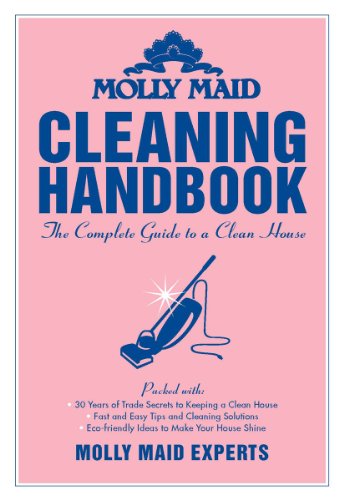
If you’re feeling overwhelmed these days, you’re not alone. Although we’re living in the most abundant, uber-connected, technically savvy time, the pace of progress is wearing us down. More and more print and online magazines dedicate space to stress management articles, meditation practices and mental health. There’s virtually too many excellent strategies to chose from, so we’ve pulled together a simple 3-step action plan that may help bring your mind some ease.
Step 1. Digital Detox
Start small. Try going for a 15-minute stroll, without your cell phone. Tomorrow morning, don’t check email or look at your social media account as soon as the alarm goes off. Instead of binging on your favourite TV show, turn your phone on airplane mode and opt for a long therapeutic bubble bath and a good book. Sign up for apps that allow you to schedule internet-free time, allowing you to work on documents and spreadsheets without the temptation to respond to email and social media alerts. Once you’ve gone a few hours, or half a day without being ruled by your phone, consider a digital-free weekend, or a longer retreat, if you’ll allow for it.
Step 2. No is not a Bad Word
Over-commitment is a modern-day disease. As if full-time work and raising kids wasn’t keeping us busy enough, we overcommit our scarce hours by volunteering too much. Whether it’s more than one charity, promising to attend every family function or trying to finish a Master’s Degree, we’re already short on spare time. Practice saying no today. Remember: saying no to one thing, allows you to say yes to something else. If you finally get invited to the private book club of your dreams, you’ll be able to renegotiate your other commitments, by saying no to a few of them, and yes to what you truly want to be spending your time doing. There are only 24 hours in a day, and some of those really need to be used for sleeping, recharging and experiencing more of what really matters to you.
Step 3. Declutter Every Single Night!
Before going to bed, write down everything you need to do the next day, to get it out of your head. Include goals and tasks, along with things that typically keep you anxiously awake at night. There are more and more studies being done on the therapeutic value of handwriting and journal keeping. Putting our obligations, needs, fears and dreams down on paper helps us keep track of what we’re trying to achieve. Some people derive an enormous amount of pleasure every time they check off something from their list. With the help of pen and paper, you can declutter your mind every single night. Sweet dreams are possible – you can do it!

